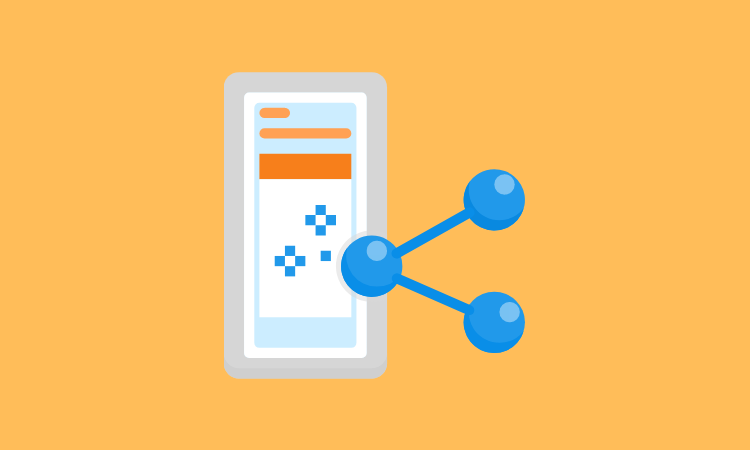Data, Member Exclusive
Joining Chase and Wells Fargo, TD Bank joins Akoya financial data network
- TD Bank’s customers will be able to securely provide access to their banking data to fintech apps and data aggregators using Akoya
- This data is not copied or stored and is provided in a standard output based on the Financial Data Exchange’s API standard.









